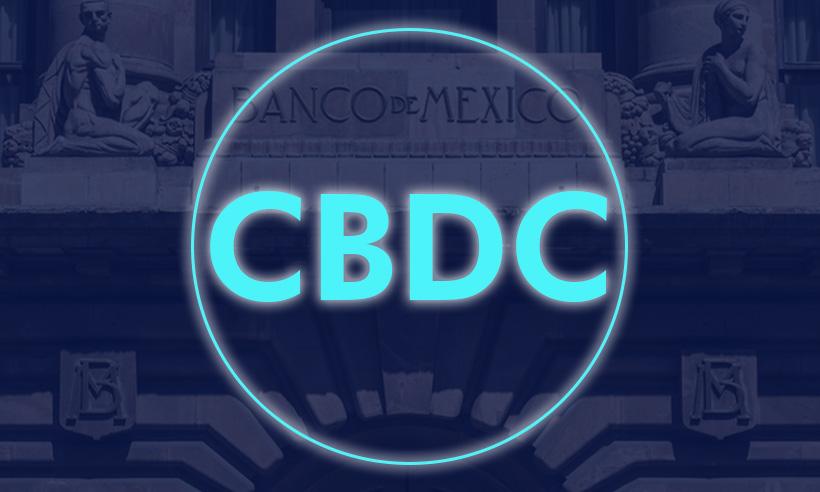Nigeria Upgrades CBDC as Crypto Restrictions Hinder the Fintech Sector
According to a report from Vanguard, CBN Branch Controller Bariboloka Koyor spoke at a market in the country's most populous metropolis of Lagos on May 9 as part of a push to "sensitize" companies to the eNaira.
The change, according to Koyor, was released to make onboarding easier, highlighting its wallet, which has no fees and is faster than internet banking. He went on to say that in the future, the eNaira will be the sole way to obtain government assistance, emphasizing the benefits of early adoption.
This is a project that the CBN has rolled out to reach every Nigerian in terms of financial inclusion and in terms of efficiency, reliability, and safety of banking transactions so that we can do banking transactions very easily and safely and the people in Nigeria can enjoy the benefit of the eNaira.
The naira has lost almost 209% of its value in the last six years, prompting Nigerians to flock to cryptocurrency. According to a survey released in April by the KuCoin crypto exchange, around 33.4 million Nigerians owned or exchanged cryptocurrencies in the previous six months.
Following the launch of the eNaira in October 2021, the country's crypto trading restrictions were tightened. In February of that year, the CBN banned banks from providing crypto exchanges, but serious enforcement came in November 2021, when the CBN ordered the accounts of two crypto dealers to be frozen.
Following the crackdown, commercial banks in the country began monitoring their customers' accounts for indicators of bitcoin trading, which might result in accounts for fintech companies being flagged.

